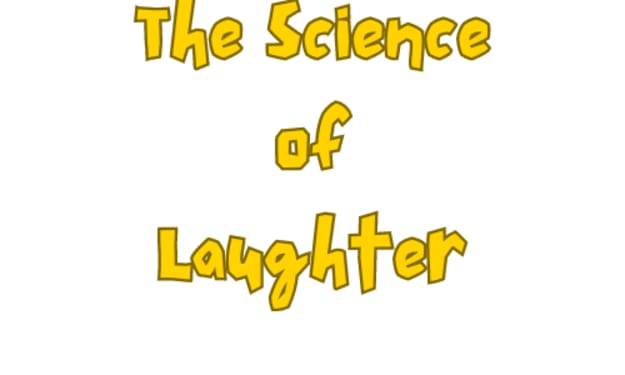FORGOTTEN HISTORY
Resurrecting the Lost Legacy: Unveiling the Mysteries of the Taíno Civilization

Introduction:
Some civilisations are shadows that}){Been foreclosed from history, forgotten amongst the major narratives of precolumbian and early colonial societies. The Taíno, the aboriginal inhabitants of the Caribbean islands, are one of those forgotten chapters of human civilisation. Despite constituting the earliest well-understood inhabitants of the Caribbean islands, and despite influencing the culture and history of the entire archipelago, the Taíno have scarcely been mentioned in mainstream discourse. Today, we try to bring them out of the shadows.
Ancient Origins:
The history of the Taíno goes back more than a millennium, when their culture and society was well established in the Greater Antilles and some islands in the Bahamas. It was a highly developed society, where biocultural connections to the natural world, a principle of direct exchange, complex agriculture, and dense social structures developed. The indigenous peoples of the Caribbean were craftsmen and craftswomen, well-known for their decorated pottery, textile weaving, and rock petroglyphs. Their cosmology showed dynamic spiritual beliefs where deities were worshipped, especially Yúcahu the God of cassava, but also Juracán, the great spirit of the storm.
Encounters with Columbus:
The arrival of Christopher Columbus in the Caribbean in 1492 marked a pivotal moment in Taíno history. Initially greeted with curiosity and hospitality by the indigenous peoples, Columbus's subsequent actions would forever alter the course of their civilization. The imposition of European colonization brought disease, violence, and forced labor to the Taíno communities, decimating their populations and eroding their cultural traditions. Despite their resilience, the Taíno way of life was irrevocably changed by the arrival of the Spanish conquistadors.
Legacy and Heritage:
Europeans may have all but obliterated the Taíno civilisation, but the culture continues to both influence and embody the modern Caribbean: from its primary language, spoken by millions, to its culinary traditions, still served up at the dinner tables of people across the entire region. In recent years, there have been attempts to preserve and revive the Taino language, reclaim their original way of life, and recognise the importance of the Taino in Caribbean identities.
Challenges and Revival:
These changes notwithstanding, the revitalisation of Taíno culture still faces many obstacles. The legacy of colonialism, racist and class inequality, and cultural assimilation, continues to make the preservation of indigenous heritage in dire straits. Nevertheless, many Taíno descendants and their allies are working toward recuperating their cultural legacy, protesting for the recognition, rights of ancestral lands or hopes for self-government for reclaiming their identity. Thanks to education and activism (and a reconsideration of Western history) and to cultural regeneration, the spirit of the Taíno is alive, more or less. The civilisation that survived, and may sooner than later regain its past glory but just under a different name, now called ‘Amerindian’ or something else since the Taíno people aren’t extinct, would certainly not be ill-disposed to name it again. Indeed, ‘Taíno’ means ‘good’ or ‘noble’.
Conclusion:
The story of the Taíno, then, is a sorrowful reminder for us all of the power of honouring the lost histories of marginalised groups through acknowledgement. Reclaiming their legacy lends support to the futures of Indigenous peoples and the excavation of their narratives, as we strive to do more to address the injustices of our present while better understanding our relationship with the past.





Comments
There are no comments for this story
Be the first to respond and start the conversation.